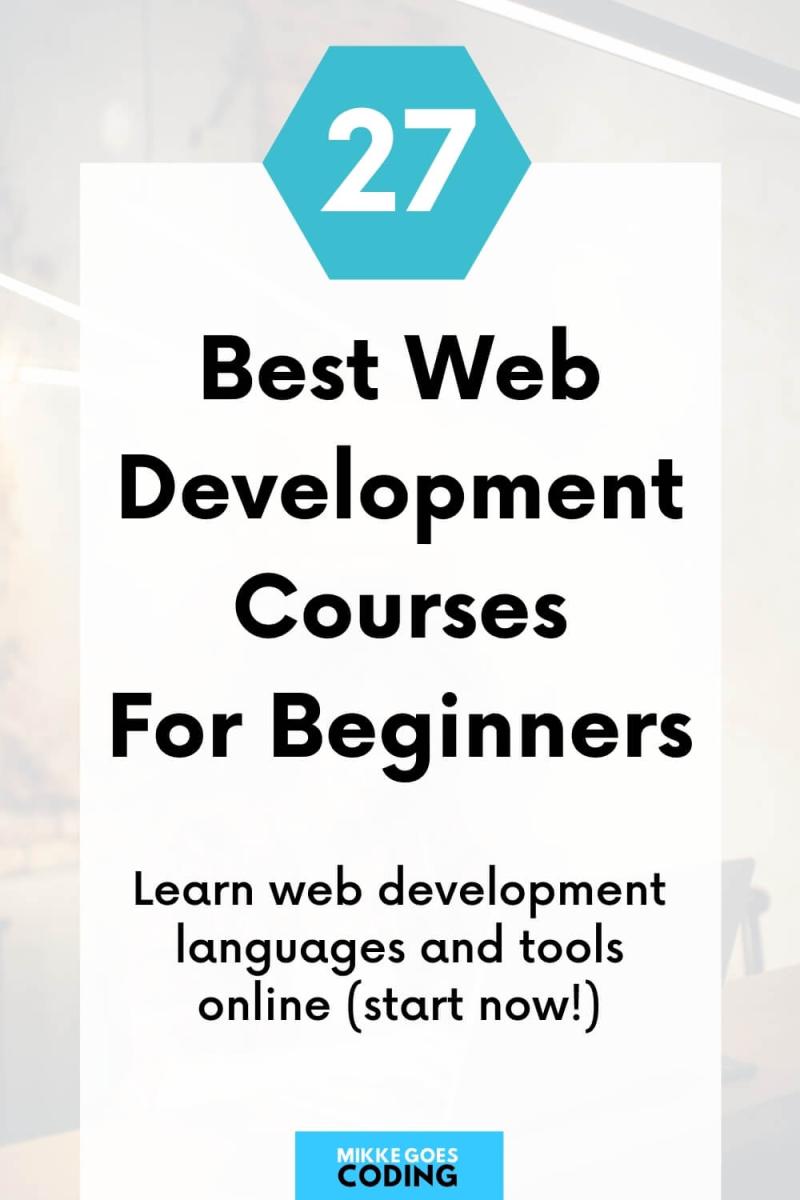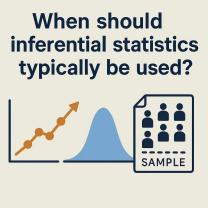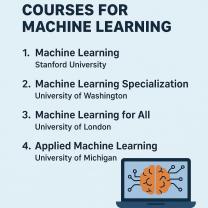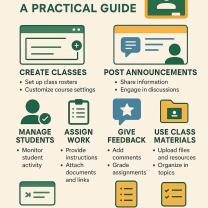What will you learn in a web development course?
A web development course typically covers a range of topics to equip students with the skills needed to design, build, and maintain websites and web applications. The curriculum may vary based on the specific course, its duration, and the level of expertise it targets. However, here is a general overview of what you might expect to learn in a web development course:
Introduction to Web Technologies:
- Overview of the internet and how the World Wide Web works.
- Understanding web browsers and their role in rendering web content.
- Basics of HTML (Hypertext Markup Language) and CSS (Cascading Style Sheets).
Front-End Development:
- In-depth study of HTML5 and CSS3 for structuring and styling web content.
- Introduction to JavaScript for adding interactivity and dynamic features to web pages.
- Responsive design techniques to ensure websites work well on various devices and screen sizes.
- Front-end frameworks and libraries such as Bootstrap or React for efficient development.
Back-End Development:
- Introduction to server-side programming languages like JavaScript (Node.js), Python, Ruby, PHP, or Java.
- Building and interacting with databases using technologies like MySQL, MongoDB, or PostgreSQL.
- Server-side frameworks such as Express.js (for Node.js), Flask (for Python), or Ruby on Rails.
Full-Stack Development:
- Integration of front-end and back-end technologies to create full-stack applications.
- Understanding the communication between the client and server.
- Deployment of web applications to hosting platforms like Heroku, AWS, or Netlify.
Version Control:
- Using version control systems like Git to manage and track changes in code collaboratively.
- Familiarity with platforms like GitHub for code hosting and collaboration.
Web Development Tools:
- Understanding and using development tools, debuggers, and browser developer tools.
- Task runners and bundlers such as Webpack for optimizing and managing the development workflow.
Web Security:
- Best practices for securing web applications against common vulnerabilities.
- Understanding of HTTPS, encryption, and authentication mechanisms.
APIs (Application Programming Interfaces):
- Consuming and creating APIs to connect web applications with external services.
- RESTful API principles and integration.
Web Performance Optimization:
- Techniques for optimizing web page loading times and overall performance.
- Tools for performance monitoring and testing.
Project Development:
- Real-world projects or case studies to apply the learned concepts and skills.
- Collaboration on group projects to simulate teamwork and project management.
Continuous Learning:
- Encouragement and guidance on staying updated with evolving web technologies.
- Introduction to additional advanced topics like Progressive Web Apps (PWAs), WebAssembly, and serverless architecture.
Web development courses often incorporate hands-on projects, assignments, and assessments to reinforce learning. Additionally, many courses encourage students to build a portfolio showcasing their projects and skills, which can be valuable when seeking employment in the web development field.
What core concepts and technologies are taught in a web development course?
How to Learn Core Concepts and Technologies in a Web Development Course
Web development courses cover a wide range of core concepts and technologies, typically broken down into two main areas: front-end development and back-end development.
Front-end development focuses on what users see and interact with on a website, primarily involving:
- HTML (Hypertext Markup Language): The foundation of web pages, providing the structure and content using tags and attributes.
- CSS (Cascading Style Sheets): Controls the visual appearance of HTML elements, defining things like fonts, colors, layout, and animations.
- JavaScript: Adds interactivity and dynamic behavior to web pages, enabling features like animations, form validation, and user input handling.
Back-end development deals with the server-side aspects of a website, handling data storage, processing, and security. This often involves:
- Server-side programming languages: Languages like Python, Java, PHP, and Ruby on Rails are used to build the logic and functionality of web applications.
- Databases: Store and manage website data, like user information, product details, or blog posts. Popular options include MySQL, PostgreSQL, and MongoDB.
- APIs (Application Programming Interfaces): Allow different systems and applications to communicate with each other, enabling features like logins, social media integration, and payment processing.
In addition to these core technologies, web development courses may also introduce students to:
- Version control systems: Tools like Git help track changes to code and collaborate effectively on projects.
- Front-end frameworks: Libraries like React, Vue.js, and AngularJS provide pre-built components and functionalities to speed up development and create complex web applications.
- Security best practices: Protecting websites from cyberattacks and ensuring user data privacy is a crucial aspect of responsible web development.
The specific concepts and technologies covered in a web development course will vary depending on its level, focus, and instructor. However, understanding these core areas will provide a strong foundation for building and maintaining websites in today's dynamic web landscape.
Here are some tips for learning core concepts and technologies in a web development course:
- Start with the basics: Before you can dive into more advanced topics, it's important to have a solid understanding of the basics. This includes HTML, CSS, and JavaScript.
- Practice, practice, practice: The best way to learn web development is by doing. Make sure to practice what you learn in class on your own projects.
- Find a mentor or community: Having someone to guide you and answer your questions can be invaluable. Consider finding a mentor or joining a web development community.
With hard work and dedication, you can learn the core concepts and technologies you need to be a successful web developer.












